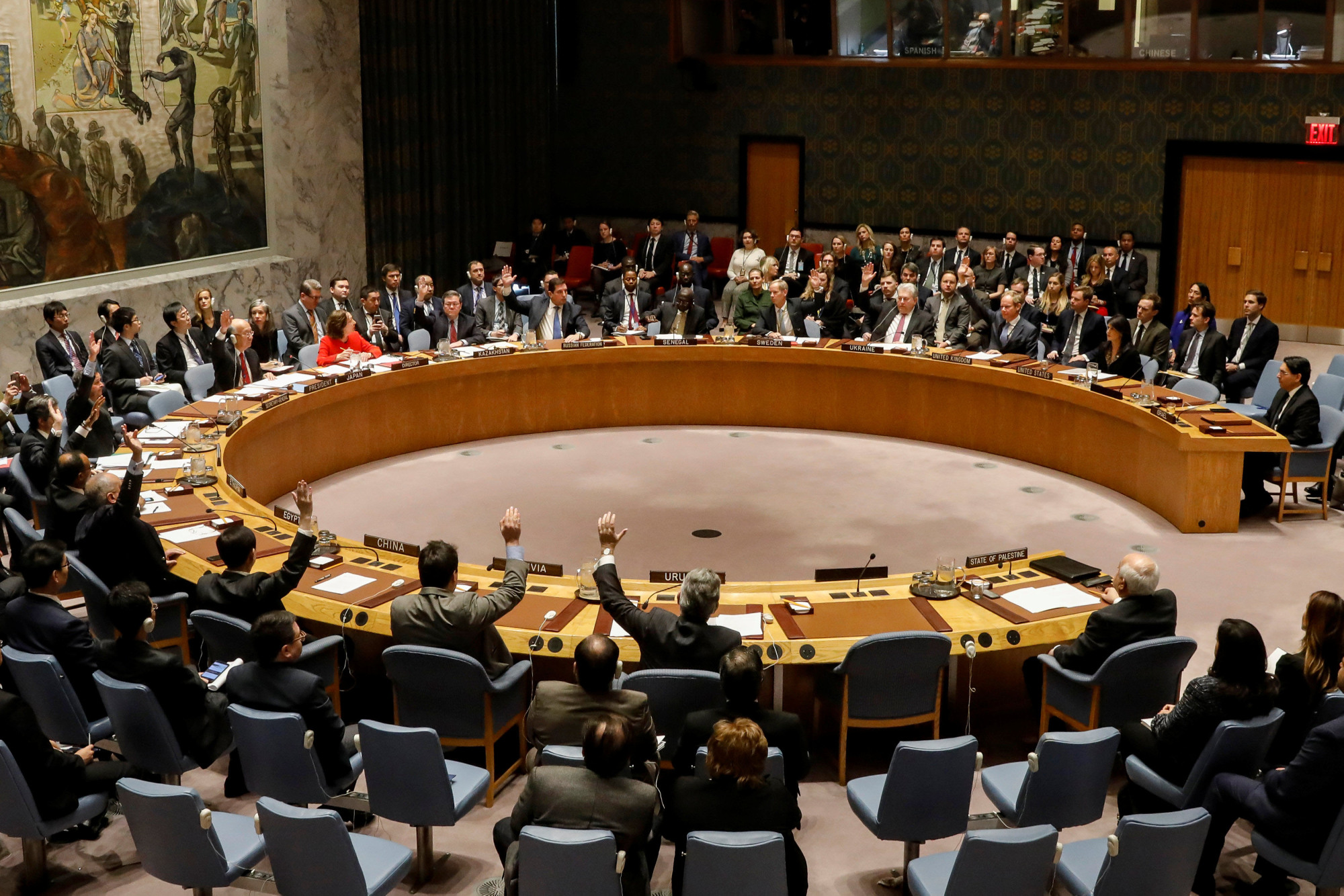How many of you found the Japanese government's decision to vote against the U.S. decision to recognize Jerusalem as the capital of Israel at the U.N. General Assembly on Dec. 21 as a sign that Japan took a clear position and kept its identity?
The Middle East seems far away to many of us not only physically but psychologically, as not much news about the region is reported by Japanese media. Unless you are an expert on the region or have engaged in business there, the conflict in the Middle East and its historical background may be too complicated to comprehend.
When Nikki Haley, the U.S. ambassador to the United Nations, communicated President Donald Trump's threat to cut U.S. funding to countries that voted against the decision, some of us might have thought we would abstain, as Canada and Australia did. That might have been perceived as a low-risk strategy, since Japan is under the U.S. nuclear umbrella (which has become even more crucial with the escalating threat of North Korea's nuclear and missile programs), trade with the United States is important for Japan's economy, and Japan has little desire to make the Middle East more unstable.


















With your current subscription plan you can comment on stories. However, before writing your first comment, please create a display name in the Profile section of your subscriber account page.